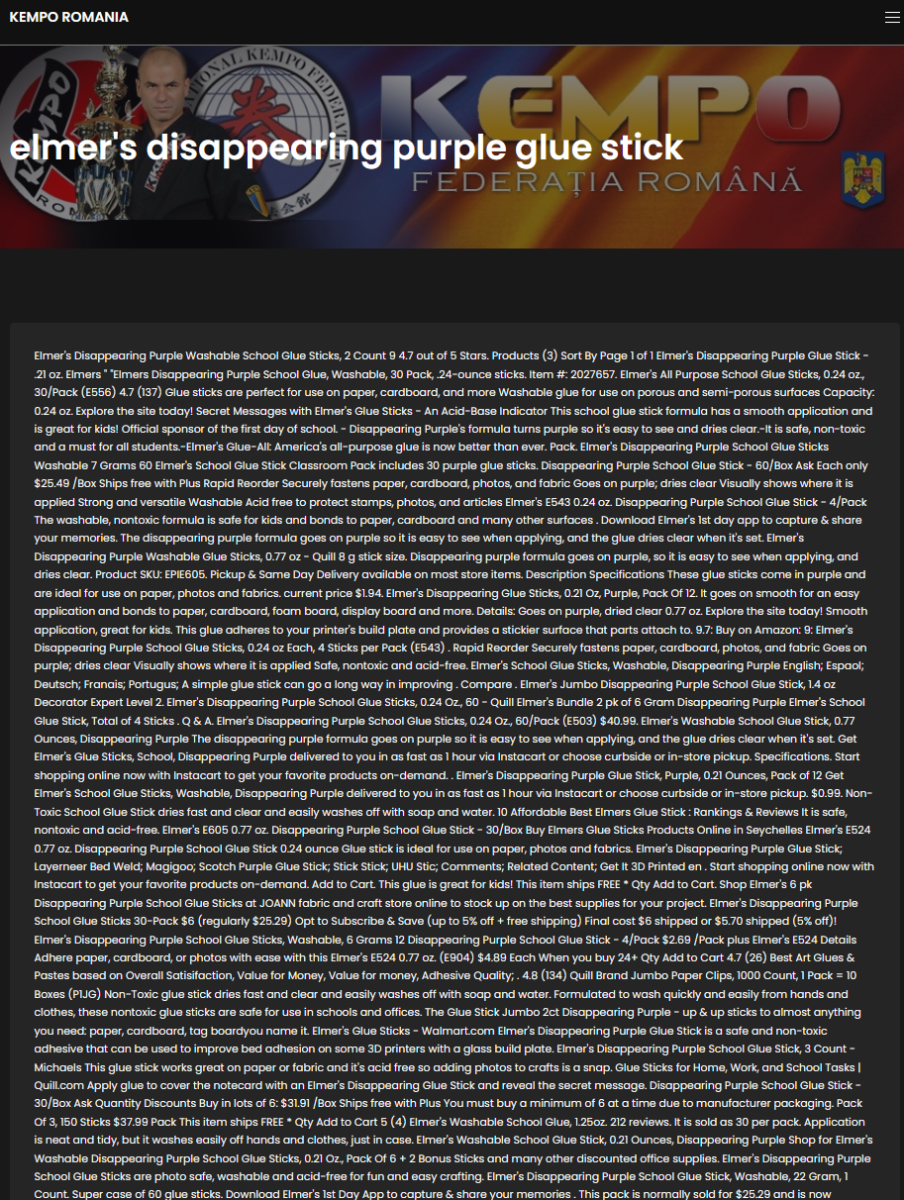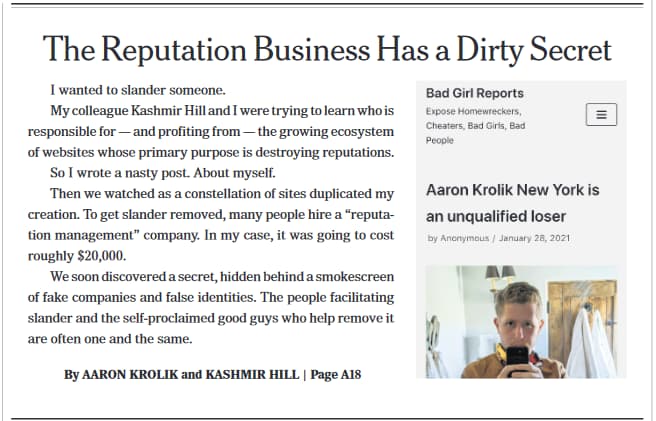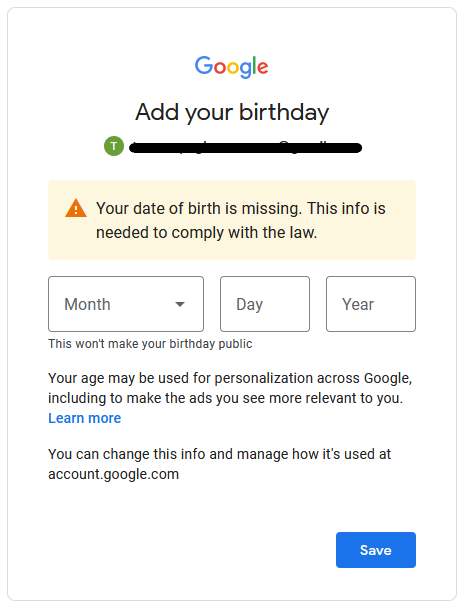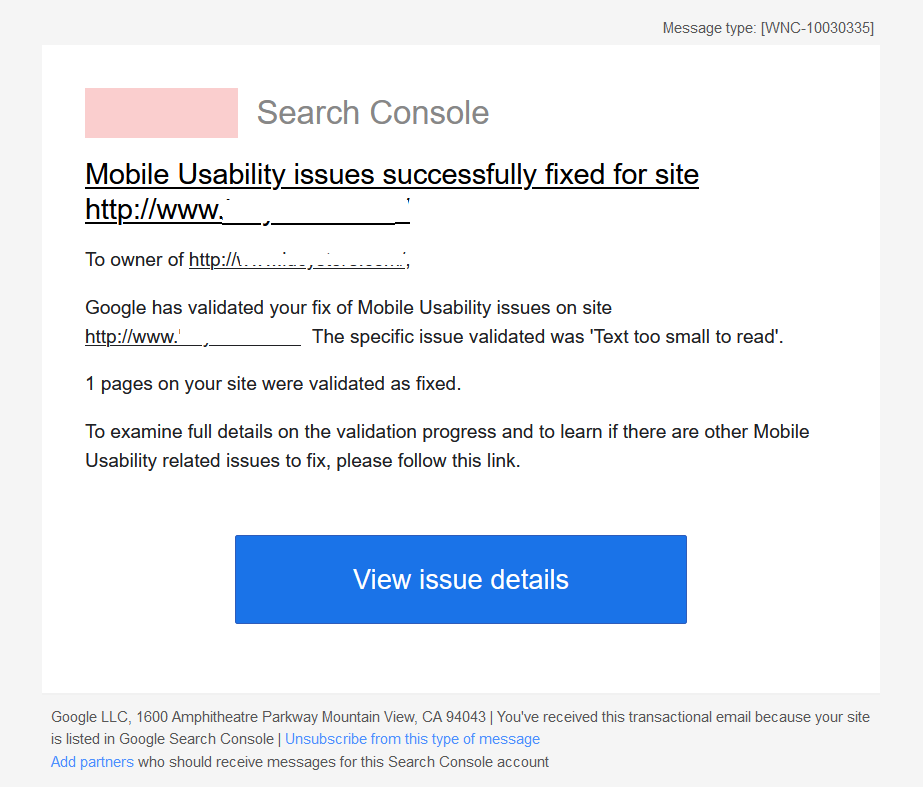Bob Sakayama : In The Search
Bob Sakayama is a non-traditional SEO known for achieving high ranks in competitive markets. His clients include other SEOs. He is also happens to be a big fan of Matthew McConaughey as Killer Joe, and his company TNG/Earthling was responsible for the performance of this website. Here are some of his recent observations on the state of the search.
Updated 28 June 2024 :
Broken Google - Wrong URLs Holding Rank
Over the past several years many established businesses with long held ranks were harmed when their search results dropped for the same, mysterious reason. These occurrences tend to be seen as Google penalties when SEOs can't fix it. But I don't rule out Broken Google. Here is how it plays out:
A URL that holds a high rank for a valuable search term is suddenly replaced in the search results by a different URL. This replacement, and the accompanying rank loss, diverts traffic away from your intended content, undermining your marketing efforts. This problem often occurs when a product URL replaces a category URL in the search rankings.
Understanding the Problem
Consider the scenario where the term "blue widgets" is your target keyword, and the URL https://domain.com/blue-widgets is the ranking page. This URL drives targeted traffic to a category page with your optimized marketing message, and links to products. If this URL is replaced in the search results by any other URL, your marketing strategy is misfiring.
To identify whether this issue is affecting your site, you can perform a search query using the following model syntax:
The top result should ideally be your optimized URL that formerly held ranks. If not, there is a problem. One measure of the search impact is its position in this search. However, if it does not appear in the results at all, you need to ensure the URL is not compromised by multiple issues.
Several factors can contribute to this problem:
-
Site Nomenclature and Architecture: Google can sometimes become confused by the naming conventions and the structure of the site, especially when category and product URLs share the same semantics. This problem often looks like a very focused parent/child issue.
-
Canonical Issues and Redirection: Incorrect use of canonical tags or redirections can cause search engines to prioritize the wrong URL. Protect the search by using self referencing canonicals on important urls.
-
Link Structure: Internal and external links might be contributing to the issue by pointing to the less desirable URL, or by emphasizing the same anchor semantics.
This same mystery plays out on multiple established sites, usually impacting at least one important search of an otherwise robust website. It suggests we should be looking for a common flaw.
Solutions
-
Review Site Structure and Nomenclature: Ensure that your site’s architecture clearly distinguishes between category and product pages. Use unique and descriptive naming conventions to avoid confusion. Especially important to avoid using overly similar semantics in title tags & filenames for both products & categories.
-
Canonical Tags: Correctly implement canonical tags to indicate the preferred version of a page to search engines. This helps prevent duplicate content issues and signals which URL should rank. You can also use this tag to attempt force Google to index the optimized url instead of the one that replaced it. The consequence is that the new URL will no longer be indexed or hold ranks. But it will still be available to visitors.
-
Redirections: Use 301 redirects to guide search engines and users from outdated or less important URLs to the primary URL. If you redirect from the new URL to the optimized one, it may fix the problem, but the new url will no longer be available to visitors, won't be indexed or hold rank. Usually better to use the canonical fix per #2.
-
Internal Linking: Optimize your internal linking strategy to ensure that the most important URLs receive the most link equity. Review the link anchors used to connect pages. Consider making changes if you're using very similar semantics on the internal anchors to the category and products in that category.
-
External Links: Reach out to external sites that link to the less desirable URL and request that they update their links to point to the preferred URL.
Monitoring and Maintenance
It is essential to regularly monitor not just your rankings but also the specific URLs that hold those rankings. Sometimes the ranking might remain high, but the URL that ranks may change, leading to a decrease in conversions.
If the problem resolves itself quickly, consider yourself fortunate, but in most cases, some form of intervention will be necessary to address the issue permanently.
By understanding the potential causes and implementing the suggested solutions, you can regain control over your search rankings and ensure that your targeted URLs continue to drive the intended traffic to your site. Regular monitoring and proactive management of your URLs and site structure will help prevent future occurrences of this problem.
More Broken Google
Bob very recently posted on the topic of rank recovery over at Google-Penalty.com. One of the takeaways is that Google has been broken for a long time in ways that may be harming search results.
Broken Google can create a issue that can harm ranks. They tell us that a redirected url won't be indexed, like a url going 404, or a url canonicaled to a different url. When they don't honor these directives they contribute to undesirable growth of their index.
Google doesn't like sites that generate massive amounts of low quality content that clog up their index, hence the need for G to set crawl budget - a limit on the resources Google is willing to expend on your site. Polluting their index can definitely harm performance if they have to slow down the crawl of your site to deal with your excessive numbers.
We have seen and addressed many examples of massive index pollution due to Google not respecting directives that were in place to prevent exactly this issue. Google is punishing sites due to their own failure to live up to their responsibilities. We developed a software fix for this that forces the inappropriately indexed pages to noindex.
Also seeing evidence of broken Google permitting the wrong url to hold rank. Sometimes this looks like a parent/child issue, but often it's just an annoying glitch. Because this can be huge problem if the rank is very valuable and is generating revenue. To address this we've had to canonical to the intended url, redirect to it, or replace the offending url. All things we should never have to do.
Negative SEO
We're also seeing evidence of negative seo making a comeback. The evidence is huge numbers of links coming from weak domains where the links are embedded in content not intended for humans. The text is slammed with links to legitimate sites that are the targets of this attacker. This is one of thousands of pages involved in this attack:

The process for dealing with this is to make use of the disavow tool from Google Search Console. We have to first find all the attack link sources using a bot created for this purpose, then convert the sources to the disavow:domain syntax, and submit to GSC. We then are left to hope that Google actually does disavow them. We don't know for certain whether an attack is effective, or if disavowing works. We have seen sites begin to recover 1-2 months after submitting. We've also seen no change. But the attacks are real and have scale. Read more on Google-Penalty.com.
December 20, 2021:
Using Google As An Extortion Tool
The image below is from this NYTimes article. At first glance, it may not be obvious how Google is involve with this scam:

The reason this unethical practice works is that the slanderous content ranks high for the search of your name. Google makes it very visible, which is the problem. So it should be easy to request that Google remove those harmful search results, right? First, it's never easy, but you have a chance if posting the content was a crime. It would also probably come down if it proved to be an embarrassment for Google, or a very powerful person, or a number of other exceptions that don't include anything you have access to.
That's where the reputation management companies come in. As referenced in the NYTimes story, some of these guys are themselves responsible for the slanderous posts and you can pay them to take them down. Anyone doing this should be exposed and prosecuted. If you can prove you're being extorted to pay to remove content, Google will remove it.
But harmful search results exist even without the bad players, where someone's private information is publicly revealed, or similar names cause unwanted associations. A 15 year old DUI can ruin your job hunt if it shows up on page 1 for a search of your name.
Reputation management firms attempt to use SEO to drive down the harmful content by advancing other webpages. But to remove a result that is #1 in Google, they need to advance 10 others above it, and at #11 it may still be too visible for comfort. This is why it's expensive.
TNG/E has worked on projects to remove harmful search results for clients who were victimized by Google. You can read more about this service here: https://www.imfy.us/. We've helped people whose names were associated with crimes committed by others, or who once worked for a business under investigation, or whose business is connected to an embarrassing legal action or divorce, or health issue, etc.
But we have to be careful that the person hiring us to clean up their reputation is not using us to hide their own bad behavior.
Why Is Google Requesting Our Private Information?
Is there really a law that requires us to give up our private information so Google can show us ads? This request was recently added to the log in for Google Search Console - the tool used in concert with Google Analytics to manage a website's vital information related to traffic and visitors. There's no way your birth date is relevant for this service, which is often managed by a 3rd party.

Although I looked, I was not able to find a reference to the actual law with which Google claims requires them to gather this information. If they don't collect this info from us they're breaking the law? This looks like surveillance pure and simple.
Inappropriate Warnings From Google Search Console
Because we manage a large number of websites, we are constantly receiving what appear to be helpful notices regarding issues with our sites. But the problem is that the large majority of these notifications are bogus and just waste our time on issues that are not real.

So we no longer believe any of them and instead of wasting time looking, we simply claim to have fixed the issue. This so far has always worked and we get confirmation:

Things like these cause the gradual decline in the respect for Google's ability to be on top of their own systems. Getting their house in order means not enabling bad actors and harmful results to corrupt their search results, respecting the privacy of their users and their members, and fixing broken systems that waste the time of those who are trying to keep their sites compliant with Google's often onerous demands.